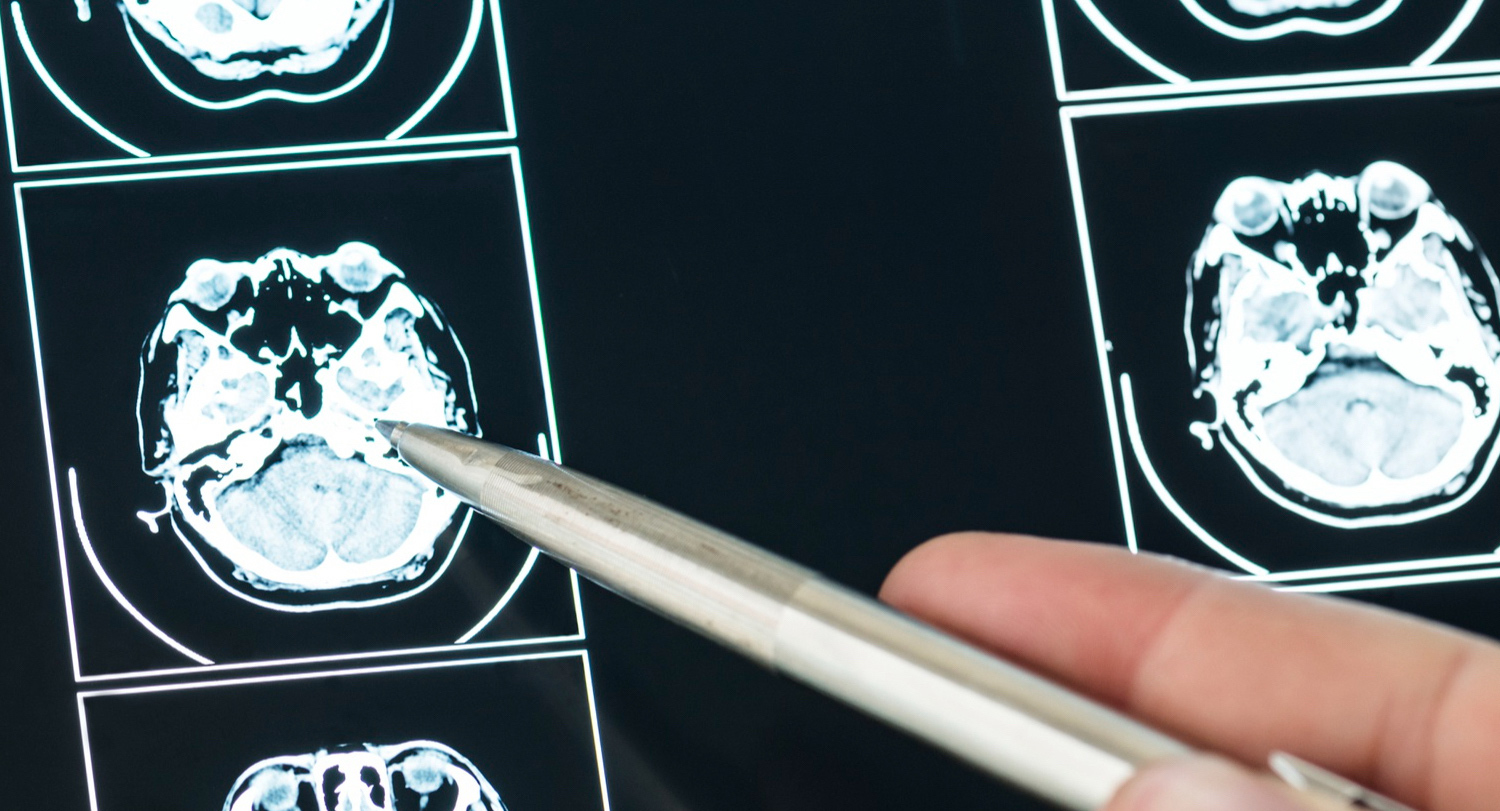
Along with well-known complications of diabetes that include heart disease, nerve damage and vision loss, add one more to the list — diminished recovery from post-stroke aphasia.
In a study of individuals with chronic post-stroke aphasia, researchers from the University of South Carolina found that study participants with diabetes achieved far less recovery and had brain images that exhibited less structural network integrity than non-diabetic participants.
“It was a small study — 78 participants — but it generated very clear results,” says Roger Newman-Norlund, managing director of the university’s McCausland Center for Brain Imaging and a co-author on a paper from the study. “We already know that diabetes damages nerve fibers, including those in the brain, but this is the first time we've shown that this damage could affect your ability to recover from brain injury caused by stroke.”
The paper, “Diabetes, brain health, and treatment gains in post-stroke aphasia,” was published in a July 2023 edition of Cerebral Cortex. One of the paper’s key findings is that structural network integrity of the brain — basically, the white matter tracts, made up of bundles of axons, that connect various parts of the brain together — is associated with how likely and how much someone benefits from treatment following stroke.
We already know that diabetes damages nerve fibers, including those in the brain, but this is the first time we've shown that this damage could affect your ability to recover from brain injury caused by stroke.
Roger Newman-Norlund
Study participants with diabetes had brain lesions caused by stroke similar in size to participants without diabetes, and the severity of their aphasia was parallel. The key difference between the two groups was in their ability to recovery, Newman-Norlund says.
“The effect of treatment was bigger for those who didn't have diabetes as compared to those who did. There's an impairment [for those with diabetes] in their ability to recover or relearn the skills that they've lost,” says Newman-Norlund, who is part of a group of researchers in the Arnold School of Public Health and the College of Arts and Sciences who have studied post-stroke aphasia and recovery for years.
The university is developing a Rural Brain Health Network that will bring stroke specialists to several brain health clinics across South Carolina. For cases that are difficult to accurately diagnose, a new Brain Health Institute will offer state-of-the-art MRI brain imaging.
“That is a new level of diagnostic care that we've not ever had in South Carolina,” says Julius Fridriksson, USC’s vice president for research and a veteran researcher of post-stroke aphasia recovery. “This will be an absolutely crucial piece of the Rural Brain Health Network.”
Banner image provided by Freepik